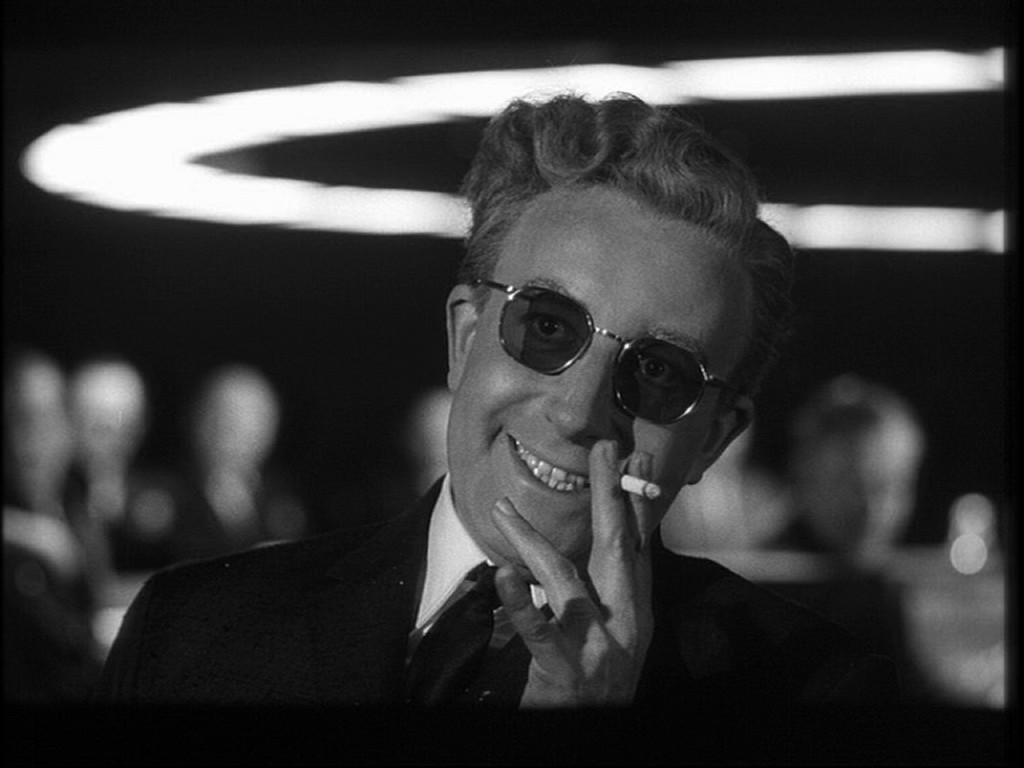
Thank You For Smoking (the book) came out in 1994. The year I smoked my first ever cigarette. I was 17. It was a Marlboro Red. I remember thinking (somewhere between the choking and coughing): I don't feel anything. I don't get it. Am I supposed to feel something? Why do people do this? 11 years later, I found myself asking the same question: Why do people do this? Why am I doing this? I couldn't find a good enough answer, so I quit.
I made the quitting sound easy. It wasn't. Over the years, it does become a habit. It does become a part of who you are. I won't lie. I sometimes miss it. But I miss it for nostalgic reasons, in that it reminds me of being young and reckless (or maybe careless is a better word).
I guess that's my two-cents on smoking. I could go into my grandfather losing a lung--and then his life. Or the recent trip to chemotherapy where someone near and dear to my heart has been going through treatment. I'll save you (smokers) the gory details.
Let's talk about the novel, shall we?

The chapter where Nick meets the Tumbleweed Man is the most telling (and honest) chapter in the whole novel. Did it not feel real? For a large chunk of this novel, it feels like sharp, biting satire--where people and situations are grossly exaggerated for comic affect. We can assume Oprah had a show on smoking, but was it like it played out in the novel? Or the Larry King show? Did a lobbyist go on either show to say smoking 'retards the onset of Parkinson's disease'? Unlikely. But how hilarious it is for Nick to get away with it.
Smoking is bad. Look at what it did to the Marlboro Man. I'm guessing Chris Buckley's Tumbleweed character was based on real life Marlboro Man Wayne McLaren. After being diagnosed with cancer (at age 49), he spoke out against smoking--and Phillip Morris fought back by denying that the man even appeared in the ads. Bullshit. They later said he did appear in ads, but not as the Marlboro Man. McLaren died in 1992, at the age of 51.

I think what is so sad is the honesty of the Tumbleweed Man. He, like so many people back in the 40's and 50's, didn't know any better. The Tumbleweed Man tells Nick: "Doctors used to promote cigarettes" (179). After the first cancer scare, the tobacco companies reaction was filtered cigarettes. The Tumbleweed Man ad campaign was important, in that, it promoted the image of a tough, rugged cowboy. Filter-tips were as the Tumbleweed Man says "for pussies" (179). The Tumbleweed Man ad would toughen up the product.
In 1994, the cigarette ad campaign was under attack. The ads such as Joe Camel, were being criticized for their appeal to children. How much power does an ad have on the public? Do you believe that Joe Camel ads would get kids to smoke? What do you think of the Marlboro Man ads? Also, there's a funny moment where the Senator of Vermont is wanting to push for cigarettes to carry skull and crossbones. Thoughts on that? I know in England the packs read: Smoking Kills. Gets the message across, doesn't it?
Bibliography
Buckley, Christopher. Thank You For Smoking. New York: Random House, 2006.



